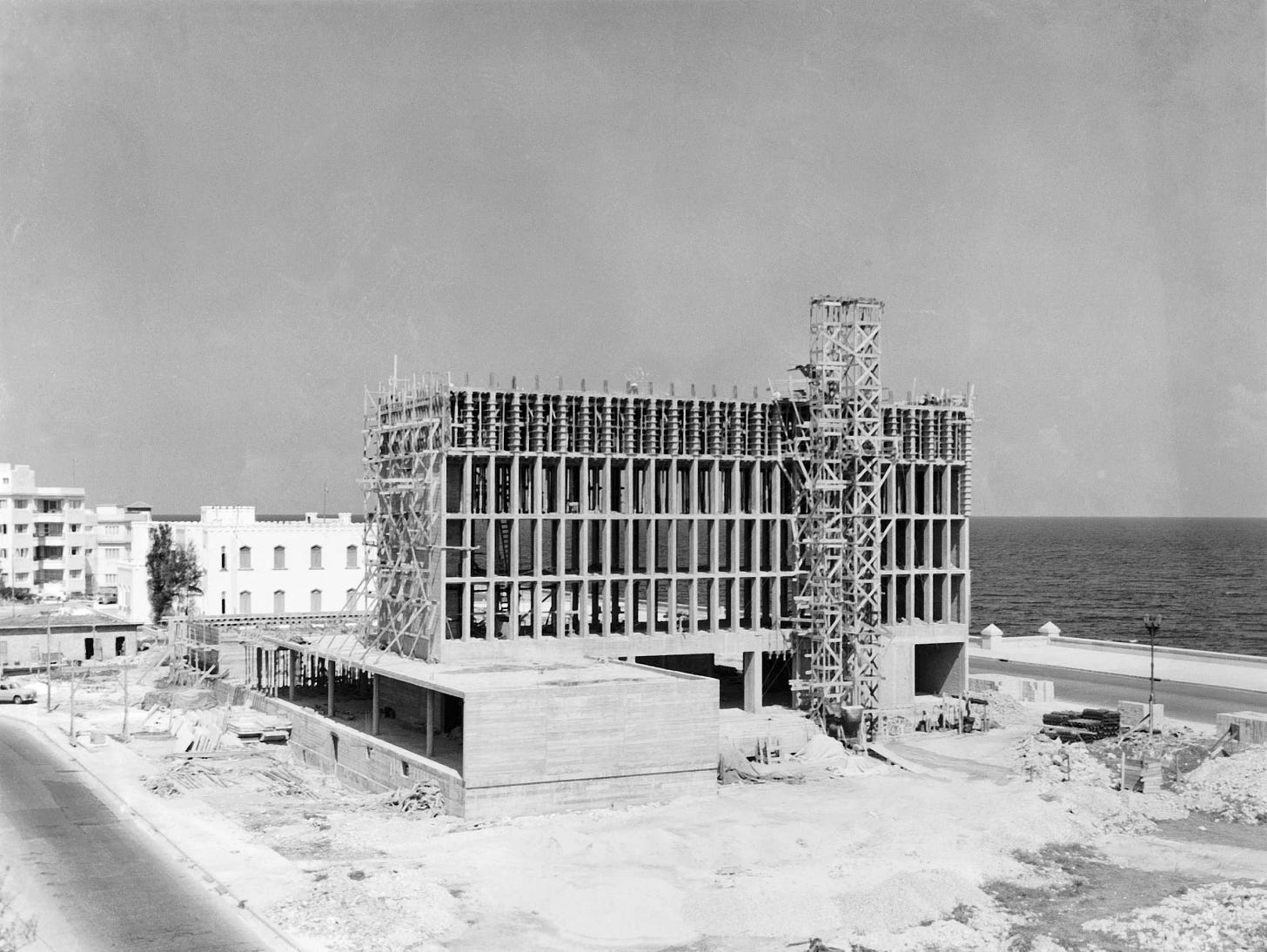Is Cuba Restructuring to Escape Paying Its Debts?
And Why It Matters for Thousands of Americans Owed Billions, Accountability Needed
Imagine a company that owes you money. Instead of paying, it shuts down, transfers its assets to a new company, and tells you, “Sorry, that old company doesn’t exist anymore.” Would you let them get away with it?
That’s precisely what the Communist Party of Cuba and the ruling elites appear to have been doing for decades—not just with its sovereign debt but also with properties it confiscated from American citizens and Cubans in the 1960s.
If you are new to the Cuba property debate, keep the following in mind: Cuba is a Communist nation that wages war on private property. Their long-term goal is to eliminate private property from the national psyche. As a matter of law and practice, Cuba has no private property.
Cuba’s state-run economy isn’t just outdated—it’s a relic of centralized failure, trapped in a cycle of stagnation and repression. While other nations have adapted, Havana clings to a broken system that rations food, suppresses innovation, and keeps its people in perpetual crisis. But this isn’t just Cuba’s problem. The regime’s economic desperation has forced it to deepen ties with hostile foreign actors, fueling instability across the region. How much longer can this failed model survive before it collapses?
In reality, so-called ‘private property’ in Cuba exists only at the regime’s discretion. Every business, every investment, and every transaction is subject to state control, manipulation, or outright confiscation the moment it becomes inconvenient for the dictatorship. This isn’t economic reform—it’s a calculated illusion designed to extract hard currency while maintaining the iron grip of central planning. And as Cuba’s economy continues to crumble, the regime is becoming even more desperate to sell this fiction to the outside world.

This isn’t just bureaucratic reshuffling—it’s a deliberate strategy to avoid accountability while keeping the cash flowing. Cuba evades legal and financial consequences by constantly restructuring state entities, leaving investors and rightful property owners with little recourse. Yet, despite this well-documented pattern, foreign businesses from Spain, Canada, and the EU continue pouring money into the regime, propping up an economy that thrives on expropriation and deception. The question is: how much longer can they ignore the risks?
And it’s not just foreign investors enabling this scheme—plenty of enablers here in the U.S. are willing to play along. Time and again, Washington has accepted the legal fictions crafted by Cuba’s central planners, using them as a pretext to weaken sanctions. The Obama administration did it. The Biden administration followed suit, even going so far as to approve bank accounts for so-called ‘private’ entities in Cuba—many of which are, in reality, state-controlled. This isn’t economic liberalization; it’s a sanctioned cycle of corruption and money laundering. And at the center of it all? Stolen property—some of it taken from Americans without a dime in compensation
Thanks to a 2023-2024 UK court case, we have fresh evidence that Cuba deliberately restructures government institutions to dodge financial liabilities—whether from investors holding defaulted bonds or Americans with certified property claims. Ongoing U.S. litigation against companies profiting from confiscated properties has opened a small window into Cuba's tactics. Cuba continues to attract foreign investment, particularly from Spain, Canada, and the European Union—some of the largest players in the Cuban economy.
If Cuba is gaming the international financial system and fraudulently restructuring entities to avoid paying past claims, investors have very few guarantees that they’ll be paid.
So why do new investors keep taking the risk?
Keep reading with a 7-day free trial
Subscribe to The Poblete Dispatches to keep reading this post and get 7 days of free access to the full post archives.



